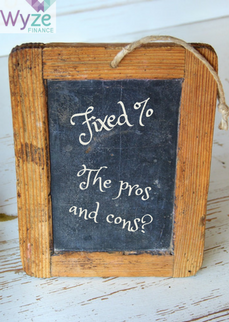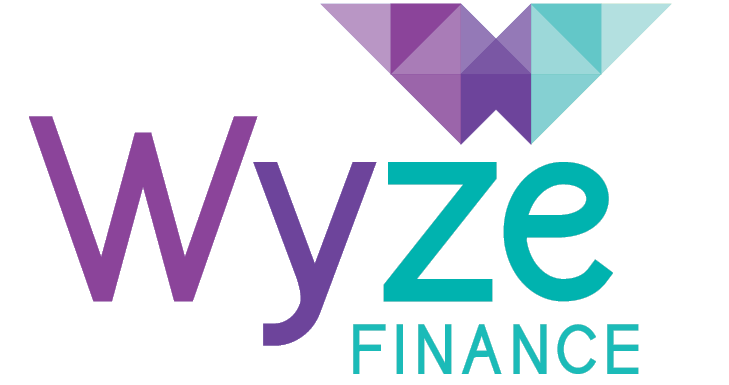
I’m sure you’ve noticed in the media lately that the big four banks have increased their variable home loan interest rates. Whilst most increases have been for investment-loan interest rates, some lenders have also marginally increased their owner-occupied interest rates.
As more lenders could potentially start to lift rates, we may see more borrowers choosing to fix their rates to avoid further rate hikes and provide themselves with certainty around their regular mortgage repayments. However, it is important to know the ins and outs of fixed-rate loans before committing to one.
What is a Fixed Rate Loan?
When purchasing a property or refinancing, borrowers can decide between fixed-interest loans that maintain the same interest rate over a specific period of time, or variable-rate loans that charge interest according to market rate fluctuations.
A fixed-rate loan is a type of mortgage product where rates are locked in for an amount of time that is prearranged between you and your lender.
Some lenders offer seven-year or ten-year fixed terms, but generally one to five years are the most popular terms. The three or five-year terms are generally the most popular for customers because a lot can change within that amount of time
What are the advantages of a fixed rate loan?
Locking in the interest rate on your home loan can offer stability. If you are budget conscious and want to take a medium-to-long term position on a fixed rate, then you can protect yourself from the volatility of potential rate movement.
Further to this, fixed-rate loans can also be pre-approved. This means that you can apply for the fixed-rate loan before you find the property you want to buy.
When you apply for a fixed rate, at the point of application you can pay a fixed rate lock-in fee which will, depending on the lender, give you between 60 and 90 days from the time of application to settle the loan at that fixed-rate.
You pay the lock-in fee to protect your interest rate. Alternatively, you can choose to not pay the fee and the fixed-rate applicable at the time of settlement will then apply to your loan.
Pre-approval helps you to discern how much money you are likely to have approved on official application. Knowing that your potential lender will offer a fixed-rate and term provides further peace of mind for those borrowers looking to budget precisely rather than be susceptible to rate fluctuations.
What are the disadvantages of a fixed rate loan?
Fixed-rate loans usually come with a few provisos:
Less payment flexibility. Unlike variable-rate loans, most fixed-rate loans won’t allow extra repayments during the fixed- rate period without incurring a fee and if you repay the loan early you can face hefty break fees.
You’re locked in. With a fixed-rate loan, you won’t benefit from any reduction in interest rates.
The rules and penalties for fixed-rate loans vary with different lenders and it is important you are aware of these prior to taking out a fixed-rate loan.

